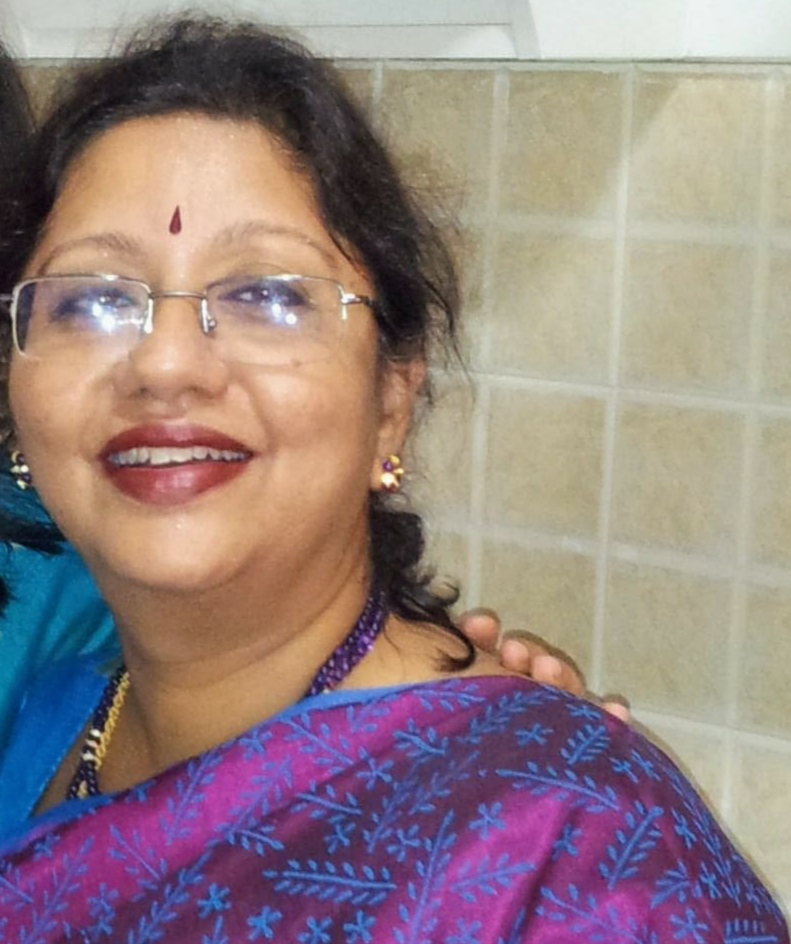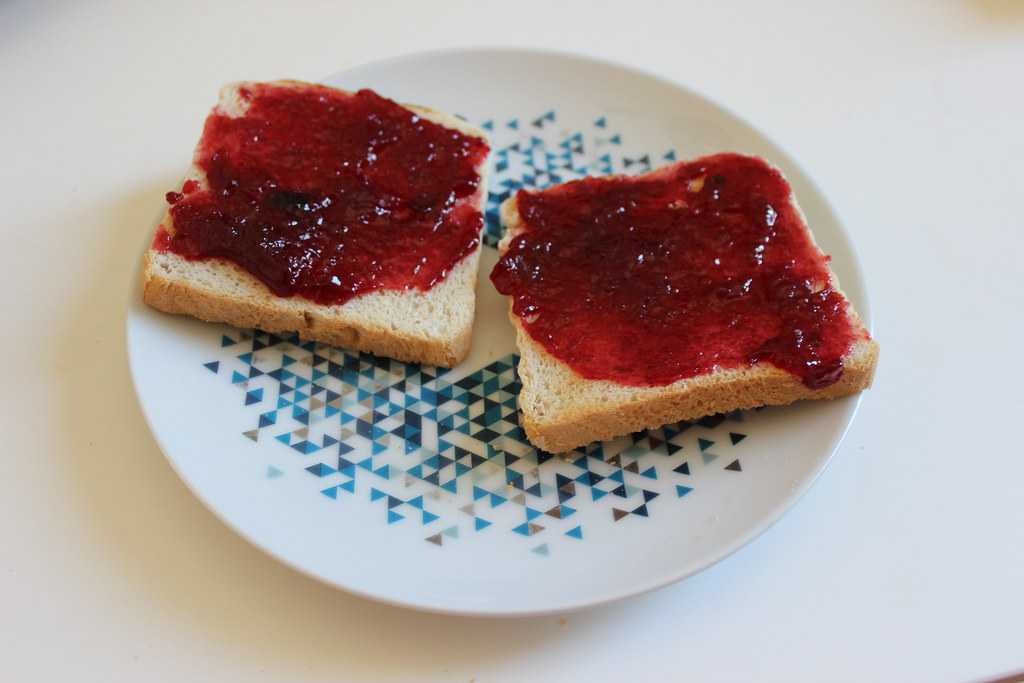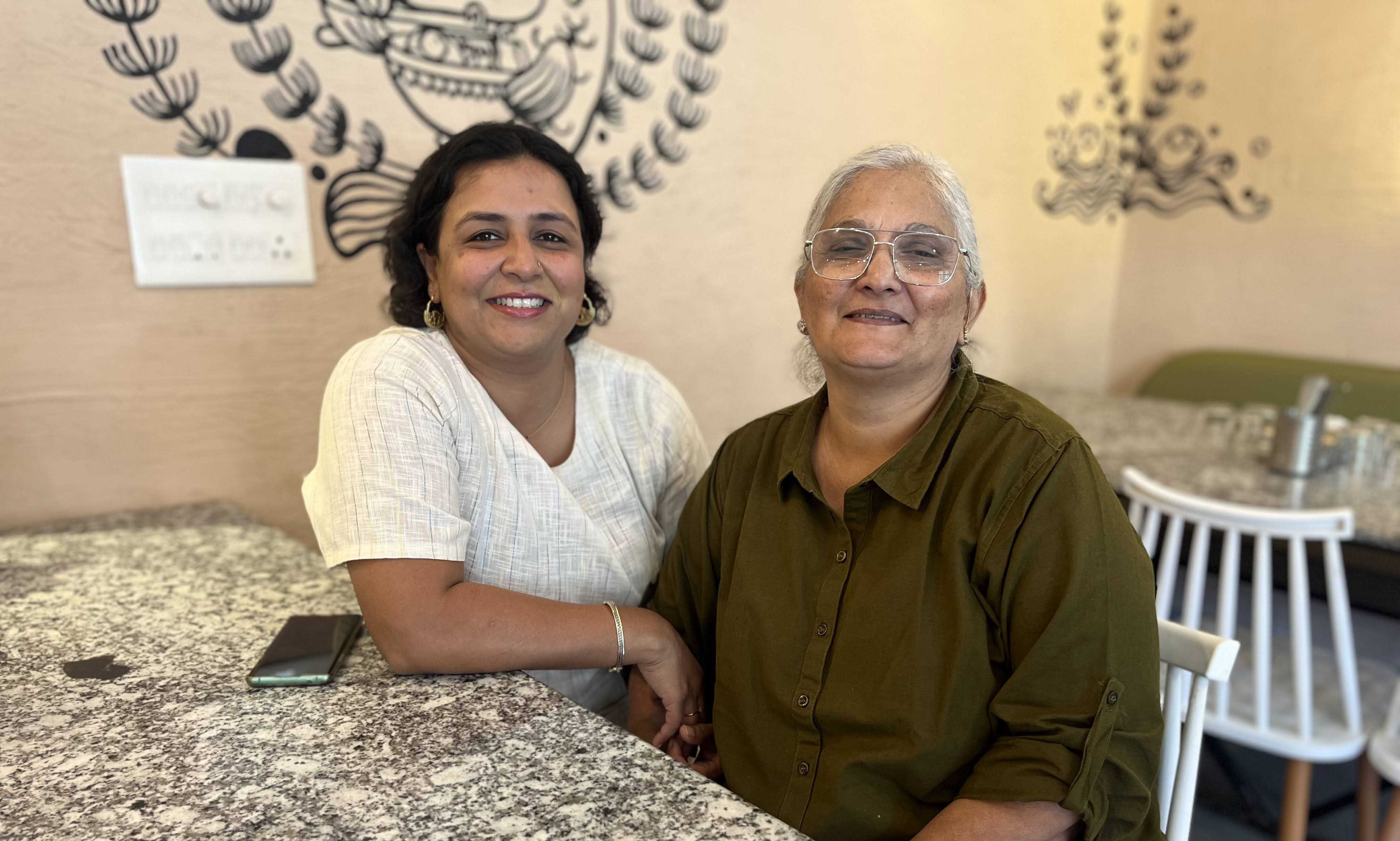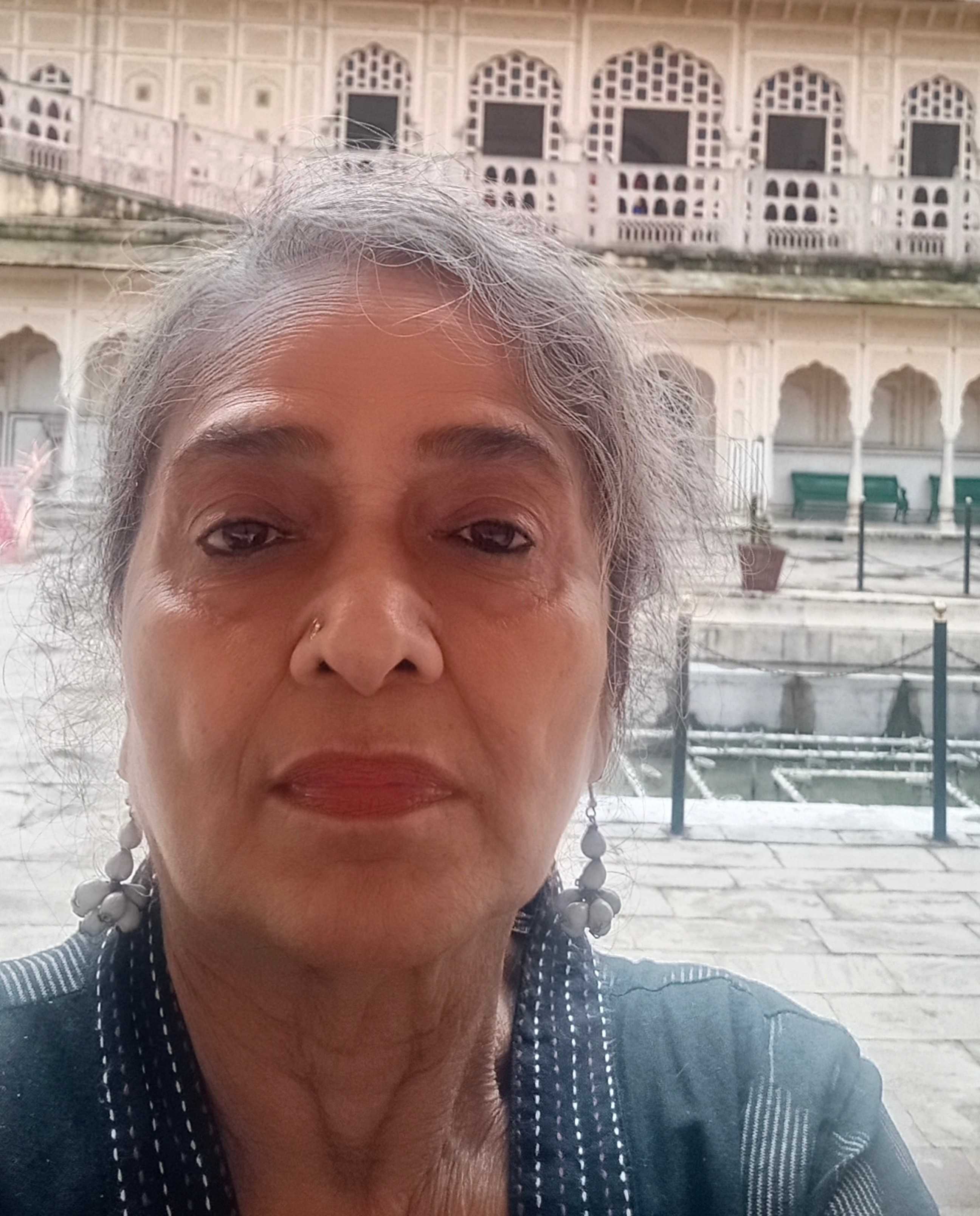Breakfast Serial: Morning Experiments and A Window to Different Cultures
This is a series of articles written by Silver Talkies members, following their participation in a writing workshop conducted by Silver Talkies Magazine editor Priyanka Borpujari.
Today I made Rava Dosa for breakfast. Or attempted to do so. I took the recipe off the Internet, something that I seldom do. It seemed pretty simple, with just rice flour, rava, and some curd, and no fermentation required. But the outcome was a far cry from the rava masala dosa we eat at Udipi restaurants that are thin, crisp and lighter than the plump potato-filled masala dosa. Some of the ones I made turned out crispy, while some others turned out to be lumpy. But with a fresh coconut chutney, it turned out to be an okayish breakfast, even as I made a mental note to relish rava dosa only at restaurants from here on.
But what I was really trying to do was to bridge the big gap between breakfast during lockdown owing to the COVID-19 pandemic, when cooking and eating was the mainstay of the day; and the lifestyle we have adopted now, with healthy wholesome options. The three masala dosas wolfed down with chutney and sambar during my leisurely days of the pandemic are now a distant memory.
The plump bean sprouts that were so plentiful in Vietnam during our recent trip, have now become a staple in our home, both from the joy of growing them in my own home and its crunch that we had become addicted to. Topped with generous helpings of fruits, nuts and seeds, the breakfast bowl has been high on nutrients and low on calories.

It's been a long journey over the decades, from the time when “who has time for breakfast” crazy days—of commuting 40 kms to work from Borivali West in North Bombay to the Fort area in South Bombay, after dropping my children at the creche. Breakfast was totally out of the question, as I had to pack a bag of three meals for the children and a bag of change of clothes. Along with this I carried my purse and a bag of writing paraphernalia, in case I managed to get a seat in the local train and catch up on work deadlines. The creche was not too far from home, but I must have looked quite a sight with all those bags and babies in tow. I distinctly remember the time when a kind woman stopped me in my tracks and pointed out that I had a comb stuck in my hair! Ah, I knew I had forgotten something that day… to comb my hair!
Now in the autumn flush of life, the pace is languid and leisurely, and breakfast is a part of the privileges, as we ponder over the options of a light breakfast with an early lunch, or to skip breakfast and eat a proper lunch, or settle for a big weekend brunch.
But there are also some breakfasts that are memorable for reasons other than taste. Why I abhor beans on toast, is because of one holiday at the Savoy in Mussoorie, where all children under 12 were made to eat breakfast separately. I was the only one among my siblings under the age of 12, and while the four of them ate with our parents in the main dining hall, I had to sit with other younger children in a separate room for breakfast. I hated the way the stern supervisor made me eat the B on T every day.
I smile now when I recall the communication conundrum at a small eatery in Suzhou in southeast China, where I tried to ask for dumplings by sketching it in my notebook, and the sweet waitress brought me a pomegranate instead!
“What did you eat for breakfast” can be as telling a tale as the greeting of “What fish did you eat”, as is the case in some coastal villages. This is one of the many interesting local traditions that I learnt while script writing for TV food shows. In a coastal town, most people know the daily price of fish and the answer can be quite revealing. I am always very fascinated by the fact that the formal greetings that we learn while learning a new language are seldom used in reality. Each place has many phrases that are more realistic and colloquial, and to me, far more interesting. In China, “Have you eaten rice” is more common than the “Ni hao” greeting that we learn in phrase books. We know that in India too, how seldom we say “Namaste” when we meet someone. It's more likely that we ask “Roti-shoti kha li?”
Breakfast questions open many doors to conversations about cultures, and these breakfast stories have taken me off on a pleasant tangent of memories.
Comments

Lalitha
24 Oct, 2024
It's been so enriching reading everyone's breakfast stories. It is supposed to be the must not miss meal of the day but honestly if one has to bundle off kids and go to work " who has time for breakfast?"
You may like to read:

People and stories
Breakfast Serial: Serendipitous breakfasts that would appeal to a king

ramesh mohanrangam
5 mins read

People and stories
Breakfast Serial: BBJ on the verandah with conversations

Lakshmi Raman
4 mins read

People and stories
How Fish Helped This Senior Entrepreneur Find Herself

Reshmi Chakraborty
7 mins read

Post a comment